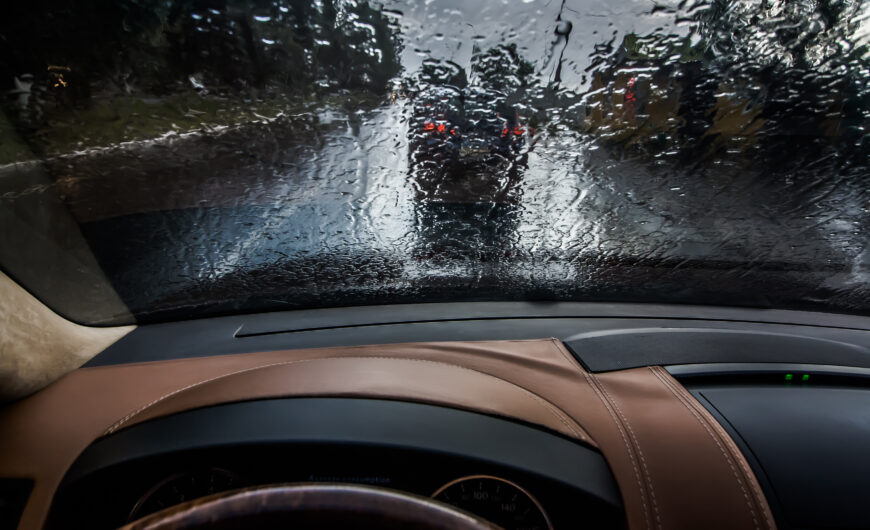
Weather conditions can play a significant role in determining fault in a Missouri car accident case. A sudden downpour, a blanket of fog or an icy road can turn a routine drive into a nightmare in an instant. When you’re involved in a car accident during severe weather, the situation can feel overwhelming and confusing. You may be dealing with injuries, a damaged vehicle and the emotional shock of the crash, all while wondering how the weather will impact your case.
Many people assume that if bad weather is a factor, no one is truly at fault. However, this is rarely the case. Even in hazardous conditions, drivers have a responsibility to operate their vehicles safely. If you were injured in an accident caused by another driver’s negligence during bad weather, the experienced team at Brydon, Swearengen & England P.C. is here to help you seek the compensation you deserve.
What Responsibilities Do Drivers Have Under Missouri Law?
Missouri law is clear: all drivers must exercise the highest degree of care on the road. This standard doesn’t disappear when the weather turns sour. In fact, it requires drivers to adapt their behavior to the conditions. This means slowing down, increasing following distance and taking other necessary precautions to maintain control of their vehicle.
Simply put, a driver who fails to adjust for rain, snow or ice and causes a crash can be held liable for any resulting injuries and damages.
How Does Missouri’s Comparative Negligence Rule Work?
Missouri follows a pure comparative negligence rule. This means that if you are injured in an accident, you can seek compensation even if you are partially at fault. Your total compensation award is simply reduced by your percentage of fault.
For instance, if you are awarded $100,000 in damages but found to be 10% at fault for the accident, you would receive $90,000. An experienced attorney can be crucial in gathering evidence to show that the other driver was responsible.
How Can Weather Conditions Lead to Car Accidents?
Poor weather creates hazardous driving conditions that significantly increase the risk of a crash. When drivers fail to account for these dangers, devastating accidents can occur.
- Slippery Roads: Rain, snow, and ice reduce tire traction, making it harder to stop and easier to lose control. Drivers who travel too fast for these conditions can easily cause rear-end collisions or spin-outs.
- Reduced Visibility: Heavy rain, dense fog, or blinding snow can dramatically limit a driver’s ability to see other vehicles, pedestrians, and road signs. Not using headlights or driving too quickly in low visibility is a form of negligence.
In any accident, investigators and insurance companies will analyze how a driver responded to the weather. Did they reduce their speed? Did they allow enough space between vehicles? A driver’s failure to adapt to the conditions is often the key factor in determining fault.
What Types of Car Accidents Can Bad Weather Contribute To?
Certain types of accidents become more frequent when weather conditions are poor.
- Multi-Vehicle Accidents: Icy or wet roads are a common cause of chain-reaction crashes. One driver loses control, and subsequent drivers are unable to stop in time, leading to a pileup. Determining fault in these complex situations often requires a thorough investigation.
- Reduced Visibility Collisions: In fog or heavy precipitation, drivers who don’t use their headlights or follow too closely can rear-end other vehicles or cause intersection accidents because they failed to see stop signs or other cars.
Our Attorneys Stand Up for You
Driving safely is always important, but it becomes critical when the weather is unpredictable. While you can’t control the elements, you can control how you react to them. If you have been injured in a car accident during bad weather, don’t assume you don’t have a case. The attorneys at Brydon, Swearengen & England P.C. have the experience you need. Let our team investigate your accident, prove liability and fight for the compensation you need to recover. Contact us today for a free consultation to discuss your case.



